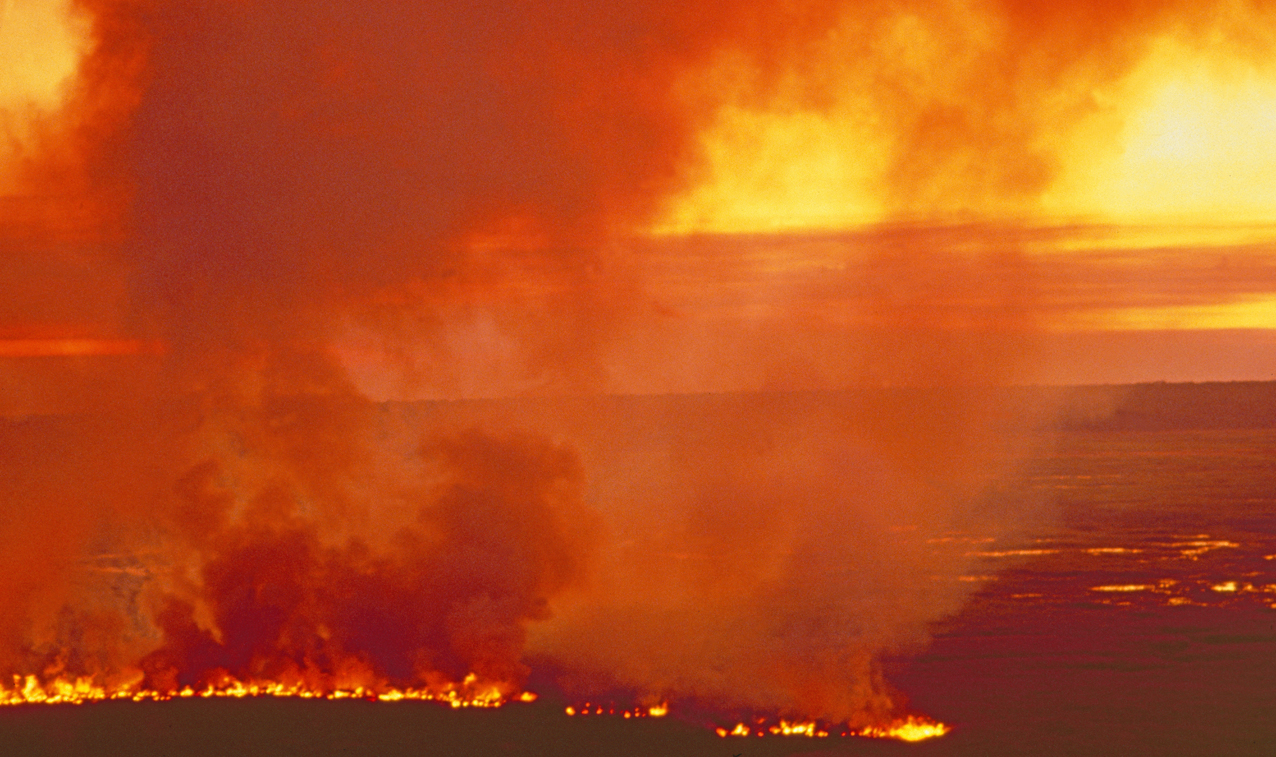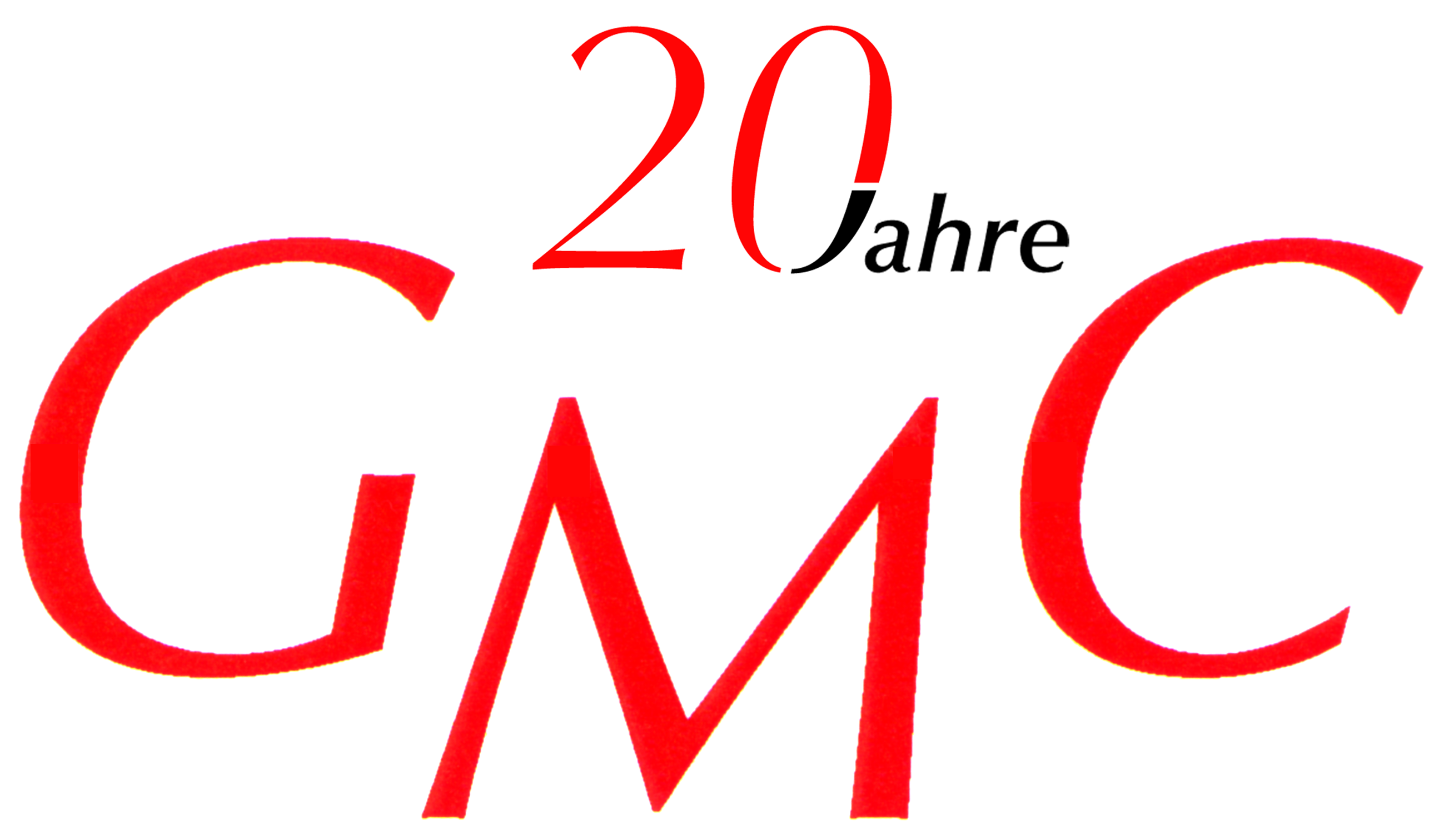
FOREWORD
The author, Gerd Michael Müller, born in Zürich in 1962, traveled as a photo-journalist to more than 50 nations and lived in seven countries, including in the underground in South Africa during apartheid. In the 80 years he was a political activist at the youth riots in Zürich. Then he was involved in pioneering Wildlife & eco projects in Southern Africa and humanitarian projects elsewhere in the world. As early as 1993, Müller reported on the global climate change and in 1999 he founded the «Tourism & Environment Forum Switzerland». Through his humanitarian missions he got to know Nelson Mandela, the Dalai Lama and other figures of light. His book is an exciting mixture of political thriller, crazy social stories and travel reports – the highlights of his adventurous, wild nomadic life for reportage photography .
(please note that translation corrections are still in progress and images will follow soon)
According to the journal Nature Ecology and Evolution, a dramatic insect extinction is occurring with serious consequences for the ecosystem and human societies. Forecasts show that we will lose over a million animal species in the next few years, and many species will be so decimated in their populations that they will no longer matter. With maximum impact on humans: The destruction of the rainforests as well as the loss of biodiversity of the native fauna and flora will lead to an increased incidence of e.g. Lyme disease. It has been proven that with less small mammal biodiversity, there is a higher Borrelia load in the ticks. Due to climate warming with hotter and drier summers, more and more pandemics are emerging in the temperate zones as a result of the loss of biodiversity.
On a 20 percent of the earth’s surface, 80 percent of the biodiversity hot spots of all species are found in the tropics. One of the most comprehensive studies by Anthony Warden of the University of Cambridge, in which around 100 economists worldwide examined how the global economy benefits from nature, found that if 30 percent of the earth’s surface were protected with the most important protected areas, then the benefits of protecting these areas outweigh the costs by a ratio of 1:5. This means that if we invest one euro in protection, we gain four euros in the long term. But it will be a long time before this realization is accepted in the lowlands of the resource-intensive economy. It is simply incomprehensible that, despite all the findings that were already available in the early 1990s, and at the latest in 1997 with the „IPPC“ report, and which proved the lonely callers in the desert right, hardly any effective measures were taken or consistently implemented.
Between 1961 and 1990 alone, temperatures had already risen by two degrees Celsius, while the global average had risen by only 0.6 percent. The predictions at the time for the Alpine region ranged up to five degrees more in the next 30 years. Fittingly for the „Kyoto Summit“ in December 1997, „El-Nino“ swirled through the headlines and with it animals dying of thirst in Australia, fields submerged in mud in Malaysia, forest fires in Indonesia and elsewhere. The warning could not have been clearer enough. As recently as 1992 at the Rio Earth Summit, politicians had promised to protect the climate system for today and future generations. But the development went in the opposite direction. The „Easy Jet Generation“ was just rolling or flying in, everyone was jetting off to London or New York for a few days of shopping, to Ibiza for „raves“ etc. and to Milan to buy a pair of shoes. Suddenly a plane ticket to London cost less than the train ride from Zurich to Bern or Geneva. A catastrophic turn of events that still does not bode well. Air traffic should finally be taxed internationally.
We, the supposedly „clean“ Swiss, and our German neighbors, who are almost on a par with us, are world champions in consumption, waste and CO2 emissions. Switzerland has made it to fourth place on the world ranking list of polluters and CO2 emitters, but we have exported our large footprint abroad. Thus the civilization garbage of our over all mass consuming and resources squandering society from the origin to the destruction is banished from our eyes and our environment. One of the dirtiest industries, the textile industry and other polluting productions have been moved to China, Vietnam and Bangladesh in the last decades. CO-2 emissions are thus largely outsourced to structurally weak or human rights-denying regions. My climate“ compensation certificates and similar instruments have been created to ease our consciences, but not to alleviate the situation.
Our balance sheet is by no means good and clean but simply miserable. It is only now, in November 2020, that the Federal Council has presented the consultation documents for the „Sustainable Development Strategy“ (SDS), and they are once again an indictment of „clean“ Switzerland. The record of showcase Switzerland looks even worse when the economic factors of the largest off-shore financial center are taken into account. At the end of 2019, Swiss banks managed a quarter of the world’s assets. A whopping 3742.7 billion Swiss francs. But the immense assets are hardly invested in sustainable projects. On the contrary. The goldmine and tax haven Switzerland favors and protects hundreds of potent headquarters of multinational corporations and contributes massively to the outflow of private wealth from developing countries and thus to the global redistribution from the bottom to the top. The exploitation and greed knows no limits, not even in times of Covid-19. On the contrary, it favors the global techno-giants and super-rich. And this big shadow falls back on Switzerland. No matter how white we wash the image and how beautiful we tell ourselves or preach to others!
In this country, too, biodiversity, waters, glaciers and air pollutants are in a bad way. The „My-Climate“ CO2 compensation business is pure eyewash and helps no one if we constantly increase our consumption and the waste of resources instead of drastically reducing and do not radically rethink our throwaway society. In accounting terms, more than 30 million tons of CO2 (instead of being emitted on Swiss soil) would have to be saved outside the country’s borders. This will not only cost several billions, but is also economically and ecologically nonsensical. These amounts for the CO2 reductions not achieved domestically will be missed by the economy. The „decarbonization of society“ will not progress one millimeter in this way, the dependency and mess would become bigger and bigger, simply because of the increasing population density. Now the thin protective layer in the atmosphere is not worth a penny in the free market economy, it costs nothing and to pollute it also not.
The mineral resources are exploited mercilessly. The young and the next generation will be stunned to realize that in the consumption frenzy after the oil crisis in 1975 and especially since the beginning of the 1990s, we have burned almost as much gas, coal and oil as in a million years of earth’s history before. And this, although the sun has always sent 10’000 times more energy to the earth’s surface than man needs and mankind is not able to follow politically and even less to act adequately, despite scientific knowledge. The garbage dump of mankind is meanwhile not only visible in the most distant regions and in the oceans, on and under the sea surface equally recognizable. Fortunately, we cannot yet see all the junk in space by eye. And as we know, this is only the tip of the iceberg. Micro-plastics, nanoparticles and pesticide toxins have long since reached groundwater and the food chain, where they cause further damage to health and great suffering.
It is extremely regrettable, but not surprising, that the Swiss population in 2021 has rejected both the drinking water and the pesticide initiatives, as well as the CO2 initiatives. So it may continue to be sprayed for all it’s worth, which makes the farmers happy. Nature-based farmers and organic farmers have also opposed it. All right, the Covid-19 crisis has diminished the appetite for new restrictions and new innovations. But the Swiss economy as a whole got off lightly, except for certain circles such as the tourism, catering and event industries, but they were also well compensated.
